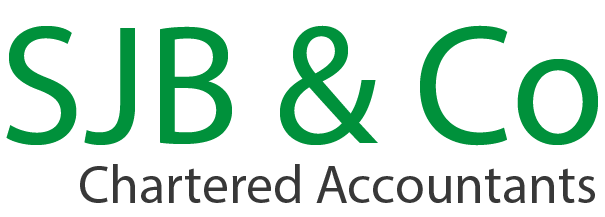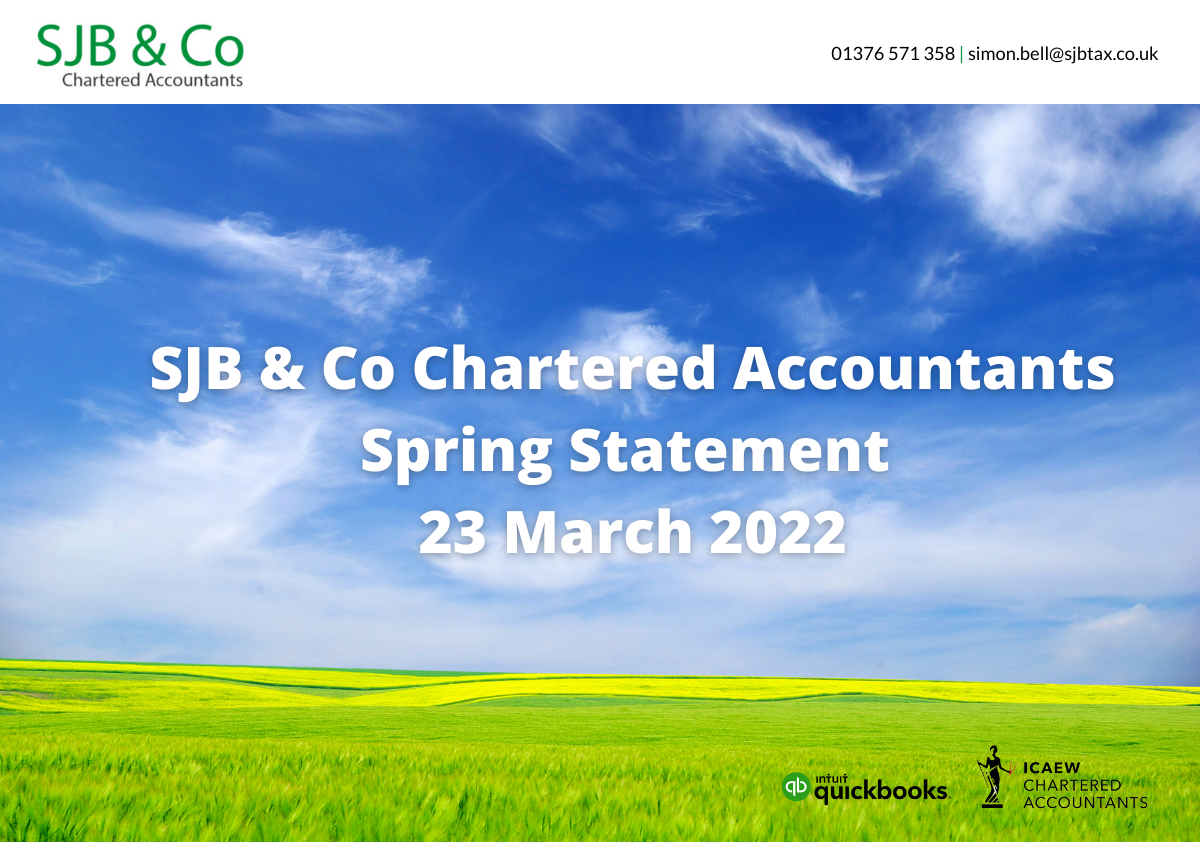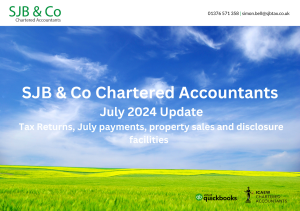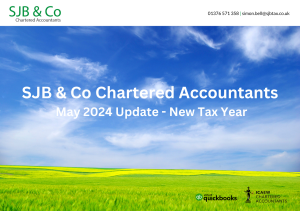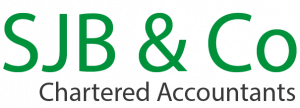The Chancellor unveiled his Spring Statement today. With a background of increasing wage, fuel and raw material costs and rising inflation, it was hoped the Chancellor would bring some respite for small businesses and sole traders.
Thankfully there is some small respite coming for small business owners and sole traders. Before you get too excited, the 1.25% National Insurance increase and the new Health and Social Care Levy still kick in from April 2022.
However, the Chancellor announced 3 measures that will directly help small businesses and your lower-paid employees right now:
- Employment allowance will increase by £1000 to £5000 per year from April 2022. For businesses with employees, this will help to offset some of the extra Employer NI costs coming in from April 2022.
- From July 2022 the National Insurance Primary Threshold will increase to be in line with the income tax personal allowance, i.e. from £9880 to £12570. This means anyone earning less than about £35,000 will pay less National Insurance during the year.
- A 5p per litre cut in fuel duty for 12 months starting 6 pm 23rd March. This is a saving of approx £100 per year for the average car driver, £200 for the average van driver and £1500 for the average haulier.
Other announcements of merit included:
- A planned reduction in the lower rate of income tax to 19% from April 2024. However, 2 years is a long time in politics!
- VAT on the installation of energy-saving materials, e.g. solar panels, to be cut from 5% to 0% (not applicable to Northern Ireland).
- The qualifying expenditure for R&D tax credits will now include data, pure maths and cloud computing costs.
The Chancellor hinted that we can expect more tax simplification and reform, particularly to tax reliefs and allowances in the Autumn Budget. Full details of the statement can be found at https://www.gov.uk/government/publications/spring-statement-2022-documents/spring-statement-2022-html
If you would like to discuss the impact of these changes on your business please get in touch.
Please feel free to forward this newsletter to any colleagues or friends who may be interested in it.
This newsletter is written in general terms and therefore cannot be relied on to cover specific situations; applications of the principles set out will depend on the particular circumstances involved and it is recommended that you take professional advice before acting or refraining from acting on any material in the newsletter.
